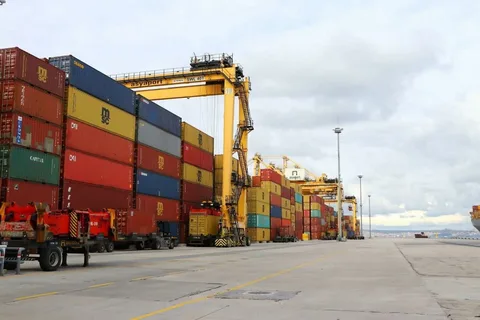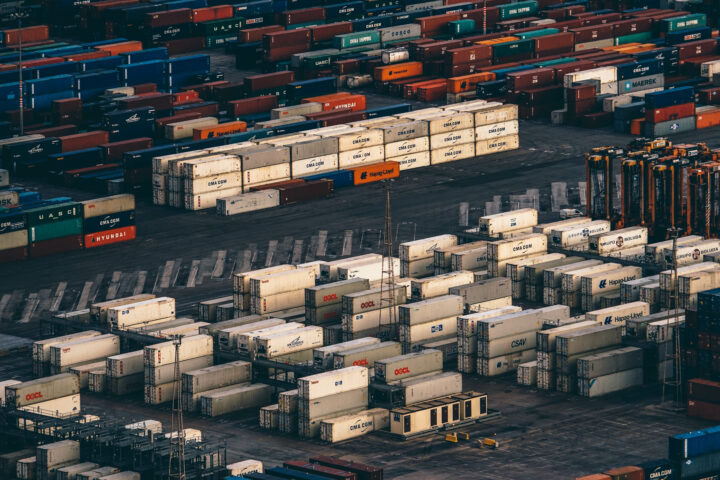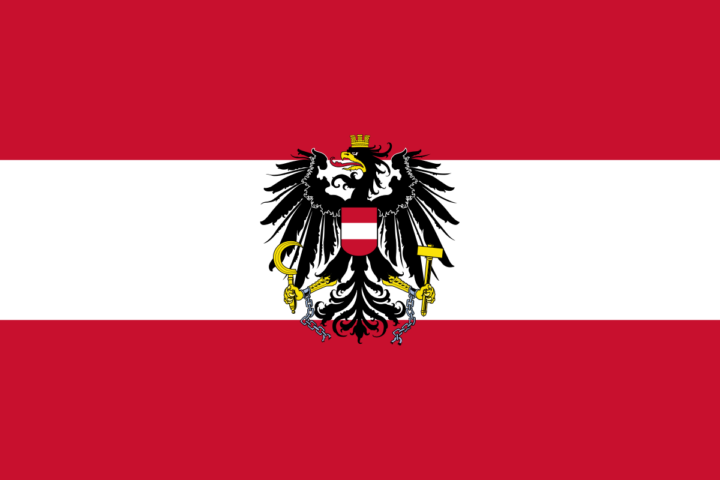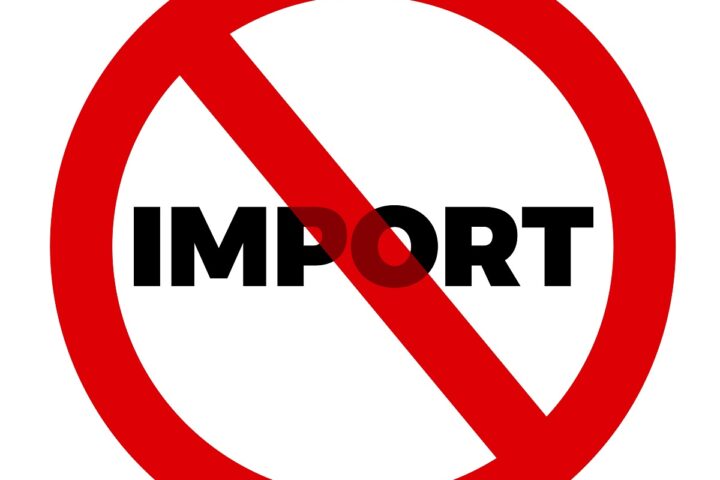Germany, renowned for its efficient infrastructure and vibrant economy, imposes certain import restrictions to safeguard its citizens, environment, and economy. Understanding these regulations is crucial for businesses and individuals engaging in international trade with Germany. This comprehensive guide explores Germany’s import restrictions, including academic and government references, fun facts, and commonly asked questions.
Introduction to Germany Import Restrictions
Germany, as a member of the European Union (EU), adheres to EU regulations regarding imports. Additionally, it implements its own national import restrictions to protect various aspects of its society and environment.
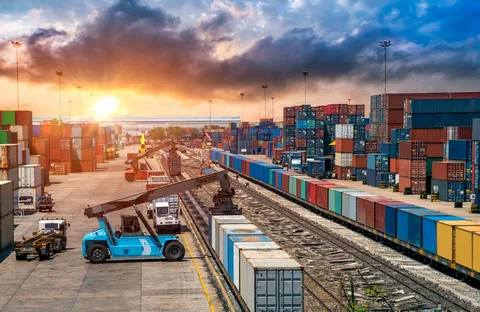
Academic and Government References
- European Commission: Import and Export Restrictions
- German Customs Administration: Import Regulations
- Federal Ministry for Economic Affairs and Energy: Import and Export Regulations
Fun and Interesting Facts
- Germany is the largest economy in Europe and the fourth-largest in the world by nominal GDP.
- The Port of Hamburg is one of the busiest ports in Europe, handling millions of tonnes of cargo annually.
- Germany is known for its strict environmental regulations and commitment to sustainability, influencing its import restrictions.
Commonly Asked Questions about Germany Import Restrictions
What are the main categories of import restrictions in Germany?
Import restrictions in Germany primarily cover goods such as firearms, hazardous materials, counterfeit products, endangered species, and cultural artifacts.
How do import restrictions affect businesses trading with Germany?
Businesses trading with Germany must ensure compliance with import regulations to avoid delays, fines, or confiscation of goods. This may involve obtaining permits, certifications, or adhering to specific labeling requirements.
Are there any specific restrictions on food imports to Germany?
Yes, Germany has stringent regulations on food imports to ensure food safety and consumer protection. Imports of certain food products, such as meat, dairy, and genetically modified organisms (GMOs), may require certification or inspection by German authorities.
How does Germany regulate the import of cultural artifacts and endangered species?
Germany adheres to international conventions such as the UNESCO Convention on the Means of Prohibiting and Preventing the Illicit Import, Export, and Transfer of Ownership of Cultural Property, and the Convention on International Trade in Endangered Species of Wild Fauna and Flora (CITES). Importing cultural artifacts or endangered species without proper documentation or permits is prohibited.
Understanding Germany’s Import Regulations
Germany’s import regulations cover a wide range of goods and commodities, with the aim of protecting public health, safety, environment, and national security.
Prohibited and Restricted Goods
Germany prohibits the import of certain goods outright, while others are subject to restrictions or require special permits. Prohibited items may include narcotics, counterfeit goods, and certain types of weapons and ammunition.
Environmental and Health Regulations
Germany has strict regulations concerning the import of hazardous materials, chemicals, and waste. Products must comply with EU regulations, such as REACH (Registration, Evaluation, Authorisation and Restriction of Chemicals) and CLP (Classification, Labelling and Packaging of Substances and Mixtures) regulations.
Intellectual Property and Counterfeit Goods
Germany actively combats the import of counterfeit goods to protect intellectual property rights. Importing counterfeit products, such as fake designer goods or pirated software, is illegal and may result in legal action.
Import Tariffs and Customs Duties
Imports into Germany are subject to customs duties, which vary depending on the type of goods, their value, and their country of origin. The EU’s Common Customs Tariff applies to imports from non-EU countries, while intra-EU trade is generally duty-free.
Conclusion
Navigating Germany’s import restrictions requires careful attention to detail and compliance with regulations to ensure smooth trade operations. By understanding the categories of import restrictions, businesses and individuals can effectively navigate the complexities of importing goods into Germany while adhering to legal requirements and contributing to a sustainable and thriving economy.
- Turkey Major Exports - July 19, 2024
- What is the Capital of Turkey? Ankara - July 18, 2024
- Where is Turkey Located? - July 16, 2024



